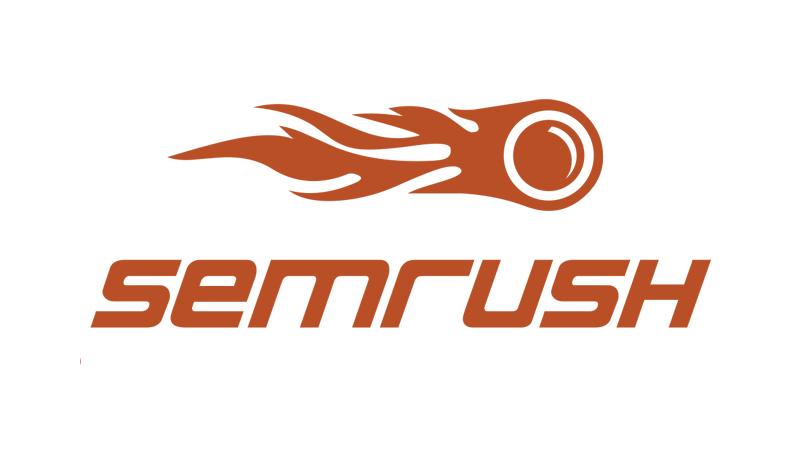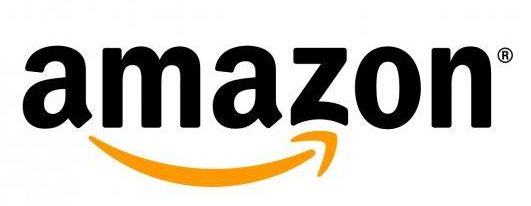How To Find The Best Long Tail Keywords For Ads

Understanding which long tail keywords your target audience is using is critical for search engine marketing success in addition to improving your on-page ecommerce SEO.
As paid placements for higher volume, short tail keywords have become more competitive over the years, it has become vital to get strategic around lower volume, long tail keywords that can drive incremental ROI for your business.
Here’s a quick look at what long tail keywords are, why they’re a cornerstone of your paid search strategy, and the best tools for finding new long tail keywords to improve your keyword targeting with both Google and Amazon ad campaigns.
Long tail keywords are groups of keywords used to search for something very specific or niche.
For example, rather than using a short tail keyword like “boots,” someone could search “men’s waterproof hiking boots.”
Short tail keywords are one or two-word search queries that are used to search for something very general.
For example:
Short tail keywords: “hiking shoes”
Long tail keywords: “north face one trail hiking shoes women”
These keywords are valuable because they signal high-intent searches; the more specific the search, the farther along the customer is in the buyer’s journey and closer to purchase.
Long tail keywords are also important when it comes to ranking your product and category pages on either your website or a marketplace (like Amazon).
In the example above, a person simply searching for “hiking shoes” is early on in the buyer’s journey — they may not even know what they’re looking for (yet).

On the other hand, if the same person searches “northface one trail hiking shoes womens,” then we know that this customer is further down the sales funnel and possibly in-market to buy.
Long tail keywords are typically:
… and are used by shoppers that are closer to converting.
“Even though that long tail keyword might not have as many searches – they will have a lower CPC. They will also likely have a better conversion rate because these searches are a little more niche.”
–Tanya Zadoorian, Sr. Marketplace Channel Analyst at CPC Strategy
Long gone are the days of easily climbing to the top of search engine results page for your keywords using purely organic SEO.
“Search and shopping engines have become too smart, make too much money, and display so much advertising that it’s nearly impossible to succeed without paying to play.”
-Patrick Bernard, Director of mEatCommerce at Perky Jerky
That’s why Perky Jerky leverages paid ads to rank for related long tail keywords to drive valuable traffic to their website.

“This space is highly competitive for jerky brands and we are forced to focus on niche terms like ‘turkey jerky’ instead of ‘jerky’ or ‘beef jerky’ as we both have a right to win here, and it is more cost effective.”
Longtail keywords are important for reaching consumers on several powerful ad platforms:
“If a shopper is looking for a specific product, make sure your search ads get them to that product by targeting long tail keywords that can be used for that product.”
-Courtney Macfarlane, Marketplace Channel Analyst at CPC Strategy
There are several ways for you to find new long tail keywords: keyword research tools and search term reporting from Google and Amazon.

This is the go-to tool for most PPC and SEO marketers. It lets you test out viable search terms, find alternative terms as they relate to your industry and services, and even get historical statistics on your keywords.
Google’s Keyword Planner is free, and it’s a must if you’re using Google Ads.

The Google Search Term Report allows you to see which search terms are triggering (or not triggering) your ads within Google’s Search Network.
This can be useful for finding new keywords that you can add to your keyword lists or underperforming keywords to add to your negative lists.

Moz Pro is an all-in-one SEO and keyword tool that provides unique data, helps the user streamline their workflow, and offers actionable insights based on that data.
We use MOZ regularly at CPC Strategy to uncover new keyword opportunities.

Ahrefs is a super powerful SEO (and keyword) tool that can be customized to fit your needs.
The software offers tools users need to research competitors, improve search traffic, and also monitor their niche. Bulk upload a list of keywords to find out how competitive they are and figure out where your content gaps are in comparison to competitors.
The “Content” tab also makes it easy to keep on top of trending keywords in your industry.
 It’s no secret that we like SEMrush – we’ve partnered with them on several webinars and even a guide about competing with Amazon on AdWords.
It’s no secret that we like SEMrush – we’ve partnered with them on several webinars and even a guide about competing with Amazon on AdWords.
SEMrush is another well-respected name in the SEO space, with an amazing all-in-one marketing toolkit that does much more than just SEO.
It’s loaded with features for social media, paid ads, content, and PR.

If you’re selling on Amazon, the Search Term Report allows you to pull search data to see what customers on the Marketplace are searching for.
Great for keyword harvesting to add new words to keyword lists.

ATP is perfect for those who want a visualization of all possible keywords related to your keyword.
